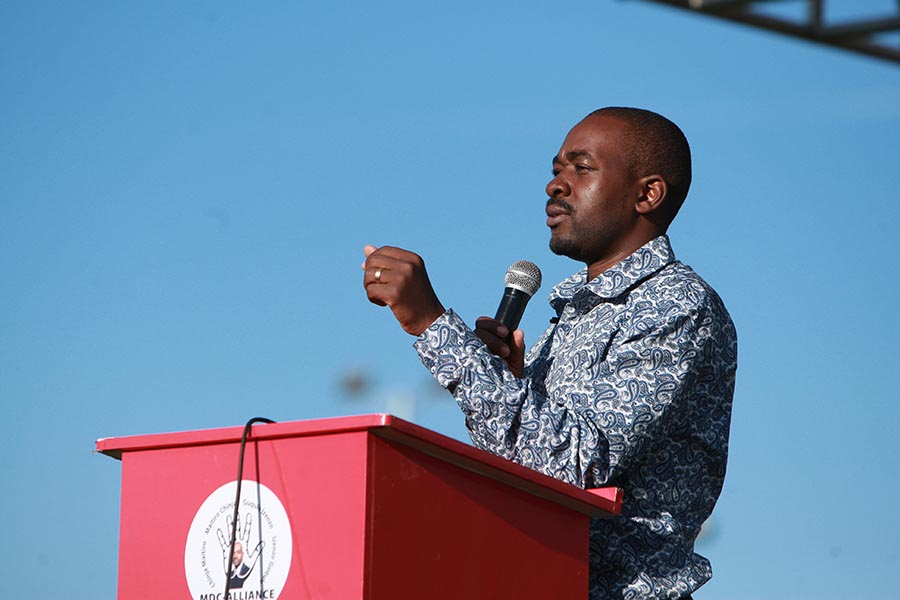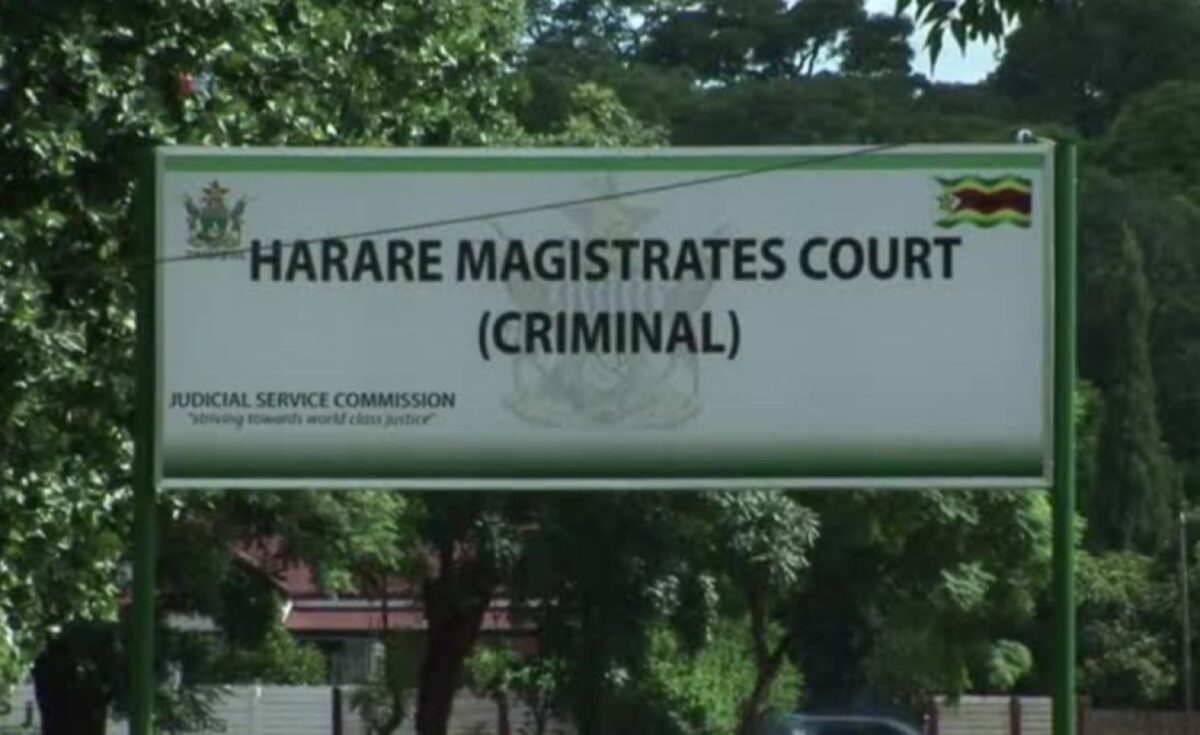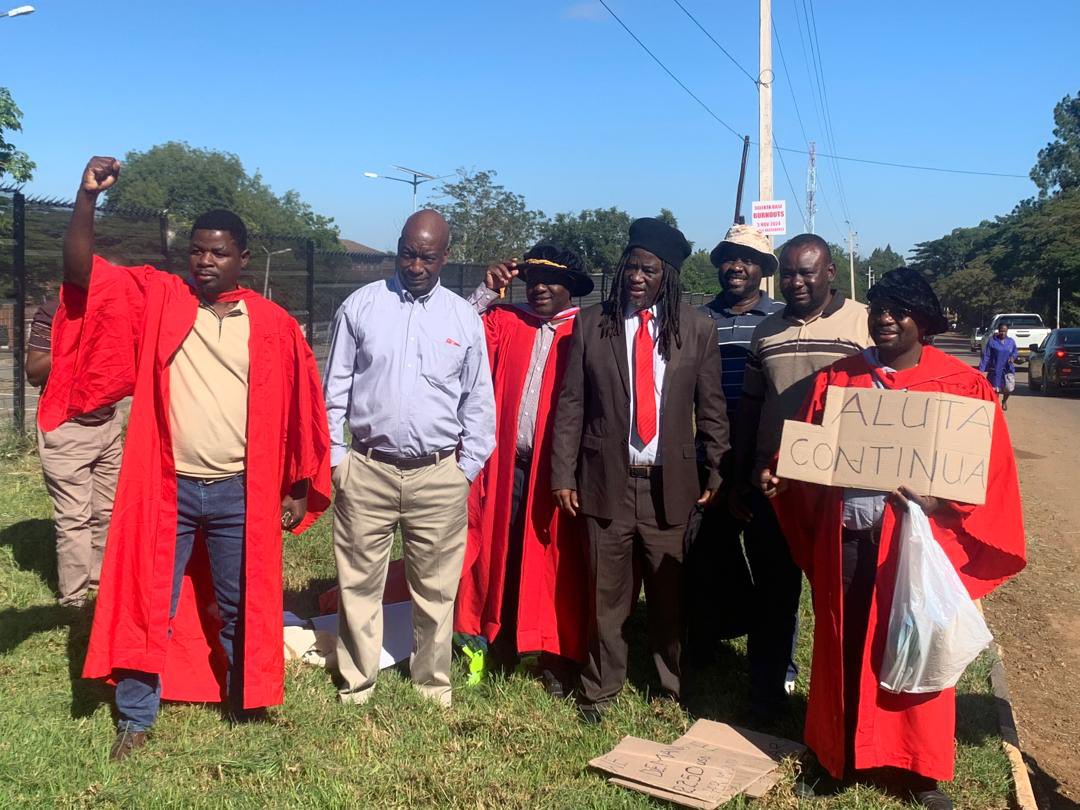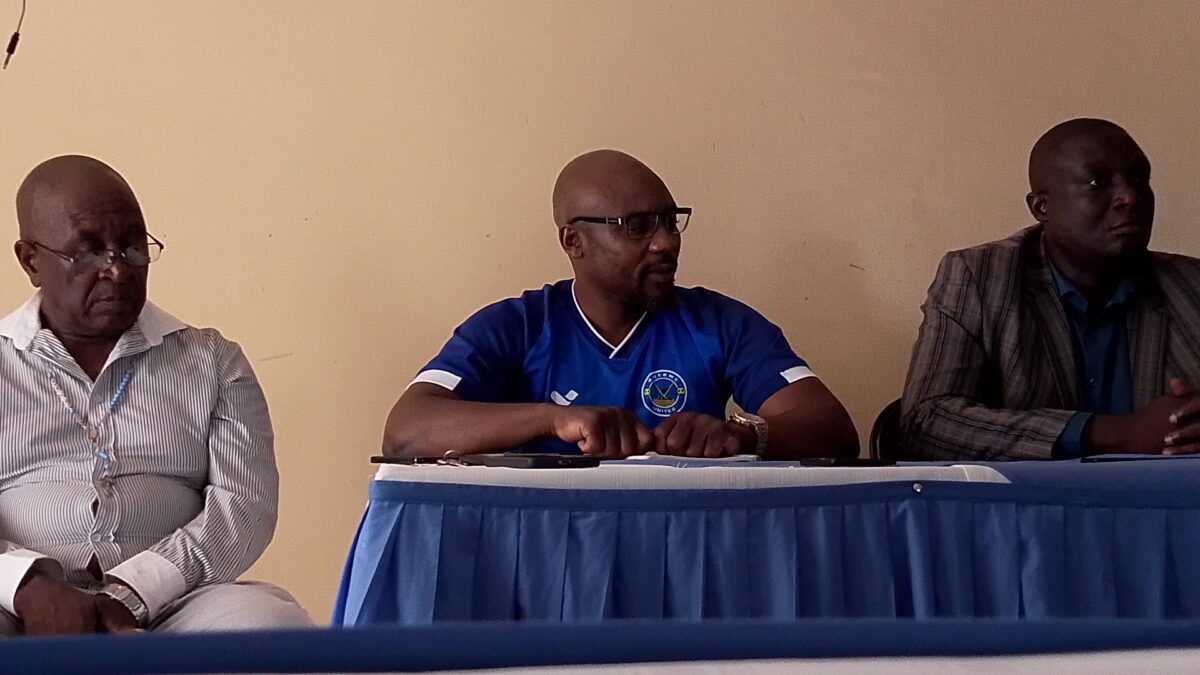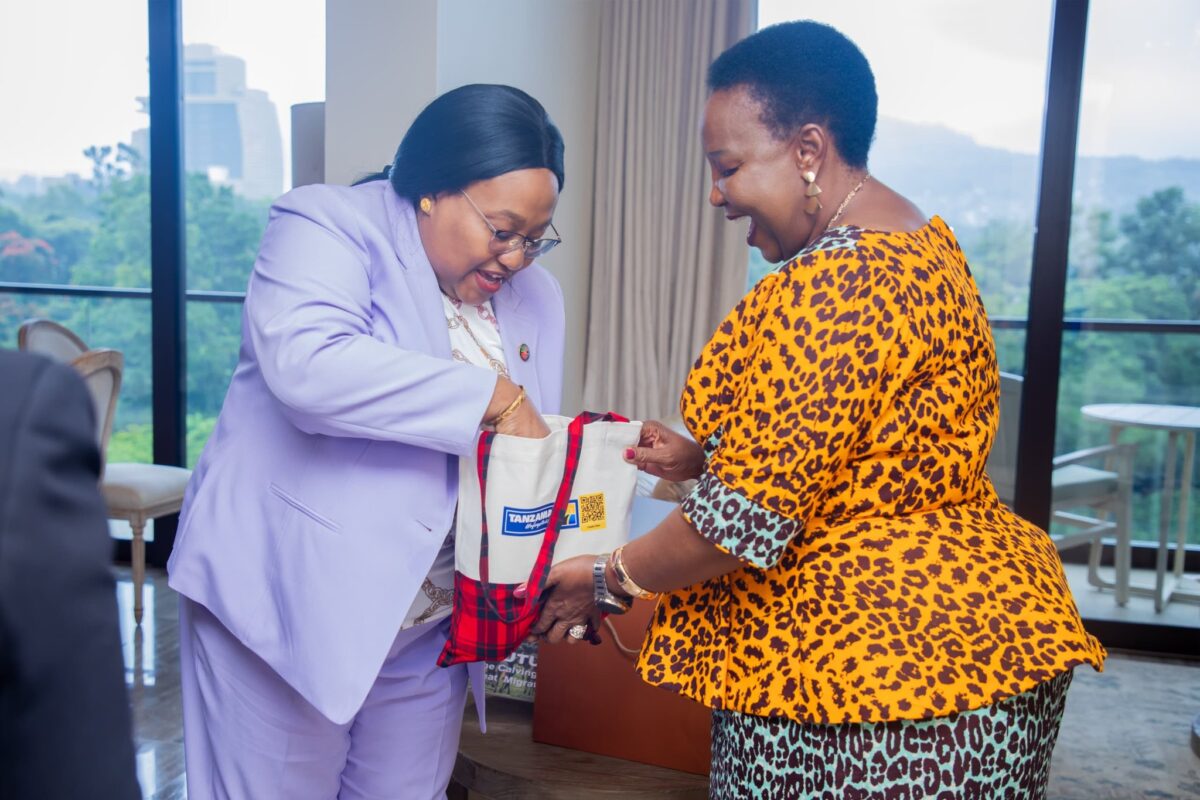HARARE – President Emmerson Mnangagwa invited opposition leaders to a meeting on Wednesday to draw up terms for a national dialogue, he said, following a brutal crackdown on anti-government protests.
Some 23 political leaders who contested July’s presidential election were invited, two of whom – Lovemore Madhuku and Noah Manyika – said they would attend.
Nelson Chamisa, who heads the main opposition Movement for Democratic Change party and who counts Manyika among his allies, will not be attending, according to party spokesman Jacob Mapfume.
The MDC says Mnangagwa is resorting to authoritarianism after claiming a controversial election victory in elections held in July last year. Chamisa maintains the election was rigged, an allegation the judiciary rejected.
“It’s a rally,” Mapfume told ZimLive. “He wants dialogue in a room that will have over a hundred people, most of them his proxies.”
Mapfume said the MDC would only accede to dialogue after the army is withdrawn to the barracks and some of the party’s leaders – in hiding after fuel protests on January 14 which triggered a violent army response – are free from threats of arrest.
“Our supporters have been arbitrarily detained on trumped-up charges and the MDC is essentially banned as a political organisation. They (the government) are using the emergency rules. Some of our MPs and officials have been released by the courts and immediately re-arrested at the prison gate, some beaten to die later,” Mapfume said.
“We must create an environment for talking. Half of the party’s leadership is in hiding. The army is in every suburb; the army is out of the barracks. Under those conditions, you can’t just summon people. There’s no arbiter – you’re the chairman when you’re the main protagonist; the one killing, the one arresting people.”
The MDC’s concerns were “not just about the issues, but modalities as well”, Mapfume added.
He said his party was ready to take part in a dialogue session called by the Zimbabwe Council of Churches for Thursday.
“There’s a church meeting called by the ZCC, a prayer breakfast. We thought that was a good beginning,” Mapfume added.
Manyika said he believed conditions were not yet right for meaningful dialogue, which could only happen if hundreds of people detained during the crackdown were released and soldiers withdrawn from streets and checkpoints.
“It can only take place if, as Mnangagwa promised upon his return from his overseas trip, the heads of those who have been responsible for brutalising citizens roll,” Manyika said.
Mnangagwa decreed a 166 percent increase in the price of fuel on January 12, and immediately travelled to Eastern Europe, triggering unrest that drew a violent response from security forces and eventually persuaded him to cut short his foreign tour.
On his return home, Mnangagwa promised action against brutality by police and troops and called for a national dialogue.
Zimbabwe is mired in an economic crisis marked by soaring inflation and shortages of cash, fuel and medicines.
Many government workers are demanding wage rises and payments in dollars to compensate.
On Tuesday, striking teachers said most of their membership had stayed at home but that security agents had gone to some schools taking details of absent teachers. – Reuters/ZimLive

